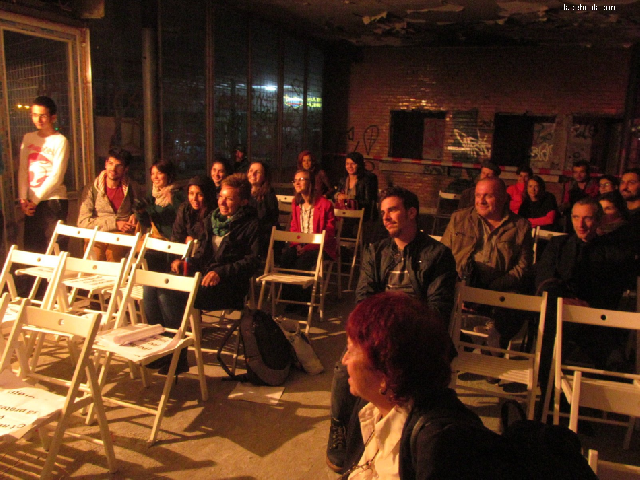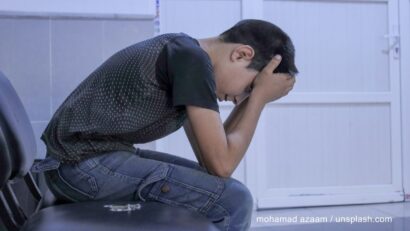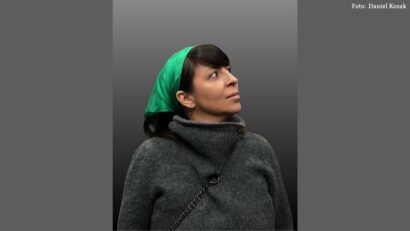The Civic Spirit in Bucharest’s Neighborhoods
Although the communist regime in Romania destroyed the spirit of association, as of recently small groups in cities, towns or just neighborhoods have started to act as communities.

Christine Leșcu, 15.10.2014, 13:25
Built in the late 60s, on the then Bucharest outskirts, after several decades Drumul Taberei neighborhood turned into something more than a bedroom-neighborhood as it used to be called. Among the blocks of four, eight or ten floors, schools, kindergartens, medical offices and a even cinema was built, part of a compound that also used to host a sweets and pastry shop, a general department store, a photo shop and a hair shop. A small square was also built, for young people to have a place to meet. So, the neighborhood got a centre around which people could build a community. However, for 17 years now the “Favorit” cinema hall has been closed, and the commercial area has been fully transformed. So people living in the area have decided to set up an association to bring the cinema back to life. Here is one of its members, Marilena Trica, telling us about the purpose of their initiative.
It’s actually a group of friends, neighbors and just citizens who want the same thing, to bring the Favorit cinema and the community centre back to life. We set up this association in 2010, with the help of the Resource Centre for Public Participation. Back in 2010, Centre representatives knocked on the doors of 120 apartments and invited citizens to a discussion about their problems. Although we had not expected it, half of them came to the meeting. They were asked to write on a piece of paper what they would like to happen in their area. The surprise was that they all wanted Favorit cinema to be rendered functional again. And this is how our group was born. We have around 300 members in our data base, 10 of them being the active members of the group.”
What these people want is not just for the cinema to be reopened, but to turn the old Favorit compound into a cultural centre, to host theatre performances and concerts, a place for young people to spend their free time and for children to participate in various educational activities, actually to have the place become the ‘heart of the community’ again, as sociologist Mircea Kivu called it.
“The neighbourhoods in a city need more than just utilities, and if we talk strictly about functions, Drumul Taberei has everything it needs. It has cinema halls in malls, and plenty of shopping areas. But apart from that, a neighbourhood also needs what I would call ‘symbolic landmarks’, that is, places where people can meet as neighbours, not simply as consumers, places where the community life can unfold. These neighbourhoods need to develop as communities, not as mere agglomerations of inhabitants.”
Although the communist regime destroyed this sense of association and collectivity, as of recently small groups from various towns or neighbourhoods have started to act as communities. In Drumul Taberei there are a few other initiative groups, such as “Callatis Drumul Taberei Group” or the “Tudor Vladimirescu Initiative,” while in another part of Bucharest a group called “Lacul Tei” has been set up. When people feel they belong to a community, the civic spirit is at work. Sociologist Mircea Kivu knows of other similar initiatives, in other towns:
“There is a recent one in Iasi, in the north-east, a group of people who oppose the idea of cutting down the linden trees downtown. And I’ve heard about another beautiful initiative in Oradea, where a group came together to restore a shopping area and rebuild it as a community center. We are beginning to see more of this kind of initiatives, with people freely deciding to get organized. Without this, authorities will only do what they choose to.”
Marilena Trica tells us what the members of the “Favorit Initiative” managed to get from the authorities:
“We’ve made a lot of petitions, requests for explanations in the meetings of the local council, we issued press releases. We even had arguments with them, and here is what we achieved. In 2011, the funding was approved and a feasibility study was conducted for the Favorit Project. In 2012, money was allotted from the local budget and the blueprint and technical specifications were put together. We were thrilled to hear that in 2013 2.6 million euros was earmarked for the implementation of the project. Unfortunately, we are still in this phase, because the City Hall does not own the cinema building. The owner is the Ministry of Culture, through an agency called RADEF, which we are currently fighting to get ownership rights, so that the City Hall may proceed with the investment. So we keep petitioning.”
At present, the project is blocked due to bureaucratic issues between the ”RomaniaFilm” State Owned Film Distribution and Exploitation Company (RADEF), which abandoned the cinema hall, and Bucharest’s District 6 City Hall, which cannot take it over. Nevertheless, Marilena Trica and her colleagues from the “Favorit Initiative” waste no time and keep bombarding the authorities with letters about what they would like to change about their district:
“Here is what a letter I sent to the Culture Ministry sounded like: <
In time, civic actions have started to pay off. On September 26, when “Neighbourhood’s Day” was celebrated, members of the Favorit Initiative managed to persuade authorities to open the cinema’s doors once again. Two short films were screened in the hallway, and the large number of spectators gave them hope that, maybe, together they will eventually succeed.






























